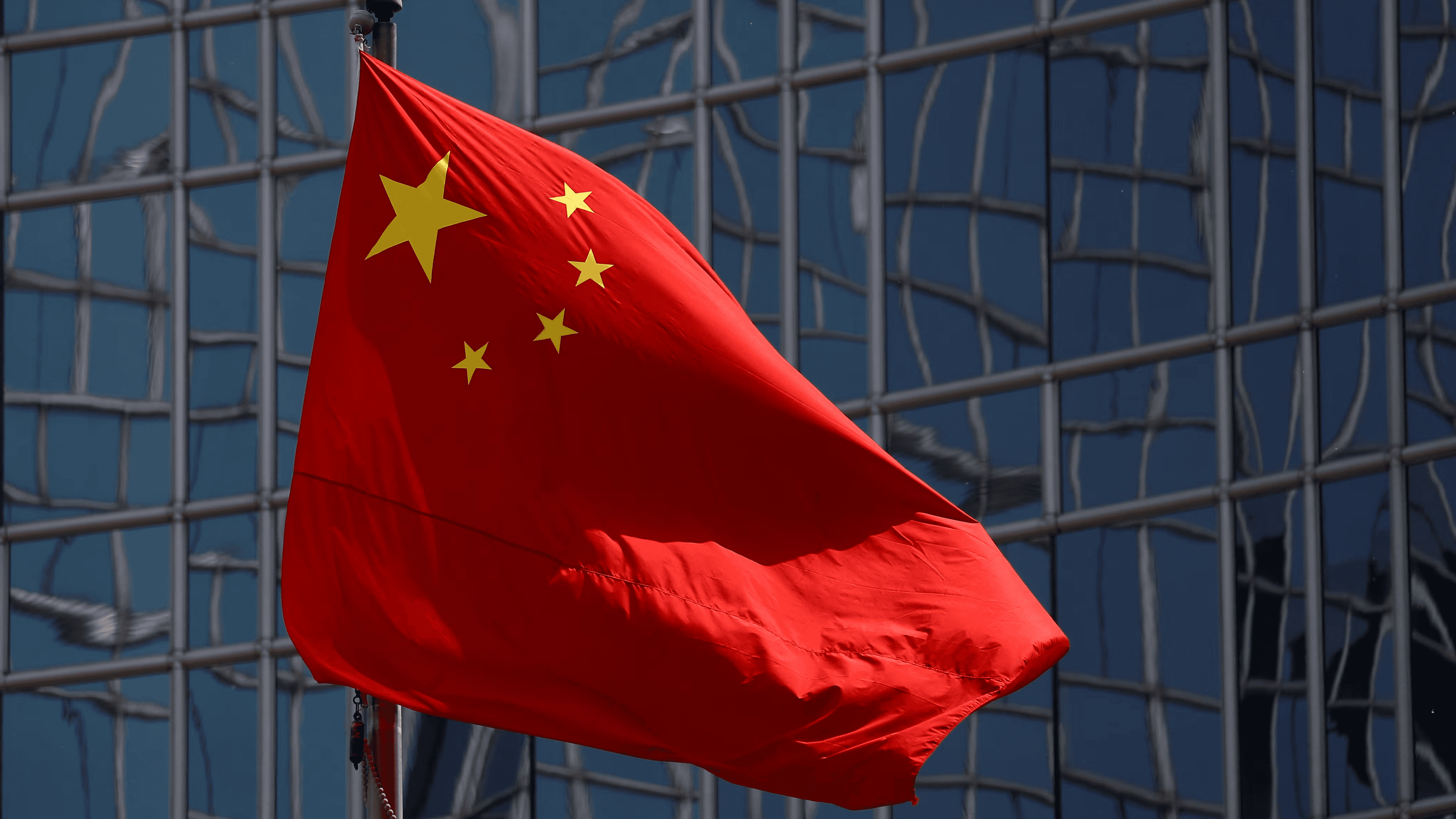China Supreme Court Sets New Rules on Virtual Currency Cases

14 November 2025
Introduction to China's New Judicial Framework on Digital Crimes
Harsher penalties were called for against crimes involving the sale and unauthorized use of citizens' personal data. In a bold move set to reshape the approach to virtual currencies and cybercrime, China's Supreme People's Court has unveiled a comprehensive framework to regulate digital assets and fortify cybersecurity. This initiative was announced during the Eighth National Criminal Trial Work Conference, where officials introduced measures to address rising concerns over cybercrime, data violations, and cross-border online gambling. The framework is part of a sweeping initiative to bolster fairness, legal consistency, and security in China's rapidly evolving digital economy.
Managing Virtual Currencies in Criminal Cases
One of the central pillars of the new directive is the judiciary's approach toward managing and disposing of virtual currencies implicated in criminal proceedings. With the surge of fraud, money laundering, and illegal fundraising linked to digital currencies like Bitcoin, the Court recognized the necessity for the judiciary to adapt to these challenges. The Supreme People’s Court has called for transparent judicial guidelines to steer the handling of digital assets involved in unlawful activities. The focus extends to the processes of seizing, evaluating, and liquidating virtual assets within the framework of criminal cases. Furthermore, the Court stressed the necessity of properly authenticating electronic evidence to ensure blockchain transactions and digital records are admissible in court. While these measures are not an endorsement of cryptocurrency trading, they signify a structured approach to law enforcement and judicial procedures as crypto-related cases become increasingly common.
Cracking Down on Cross-Border Online Gambling
The Supreme Court's directive also targets the burgeoning issue of cross-border online gambling, regarded as a severe threat to social order and cybersecurity. The framework underscores a rigorous crackdown on gambling networks operating across national frontiers or utilizing online platforms to attract Chinese users. Crucially, the new regulations assert that platform operators will incur criminal liability if they knowingly facilitate or promote overseas gambling activities. The Court advocates for cooperative efforts among regulators, law enforcement, and tech companies to dismantle the digital infrastructure supporting such gambling networks. This initiative is congruent with China’s overarching strategy to hold digital platforms accountable for unlawful content and activities, a principle that has been strengthened markedly in recent years.
Enhancing Data Privacy and Protection
The conference also spotlighted the escalating concerns over data privacy and the unauthorized exploitation of personal information. The Supreme Court has escalated its efforts to crack down on "black and gray market" activities, including the sale and misuse of private data. Individuals and "industry insiders" found culpable of such offenses will encounter intensified penalties, potentially facing employment prohibitions in relevant sectors. Furthermore, the Court has mandated online companies to bolster their regulatory compliance, implement robust data protection standards, and enhance systems to monitor and avert insider data breaches. These developments underscore China's dedication to imposing order within the digital economy while uncompromisingly maintaining its tough stance against cryptocurrency and online malfeasance.
Balancing Innovation and Accountability
China's recent judicial overhaul is emblematic of its resolve to synchronize innovation with accountability within the digital domain. By specifying the treatment of virtual assets and tightening the legal boundaries for digital platforms, the Supreme Court aims to harmonize technological advancements with regulatory compliance. As virtual currencies and digital platforms continue exerting significant influence over global finance and communication networks, China's refreshed judicial guidelines represent a pivotal milestone in its endeavor to modernize the legal system for the digital age. This transformation ensures cyberspace remains secure, regulated, and unwaveringly under the aegis of the rule of law. Through these comprehensive measures, China positions itself at the forefront of digital regulation, ensuring a balanced landscape for technological progress and legal accountability.
Go to all articles
Read more
06 February 2026
Coinbase Faces Legal Headwinds and Stock Decline Amid Market Pressure
04 February 2026
South Korea Deploys AI to Hunt Crypto Market Manipulation
02 February 2026
Digital Assets Crater as Precious Metals Rout Triggers Broader Market Contagion
26 January 2026
UK inflation rises to 3.4% in December, led by tobacco and travel costs
21 January 2026
Audi F1 team sign new sponsorship deal with Gillette and Nexo
19 January 2026
BlackRock scooped up over $1 billion of these cryptocurrencies in a week
12 January 2026
Samson Mow tips Elon Musk will 'go hard' into Bitcoin in 2026
07 January 2026
ALGO Price Prediction: Targeting $0.16-$0.19 by February 2026 as Technical Indicators Signal Bullish Momentum
05 January 2026
Coinbase Charts a Course Beyond Cryptocurrency Trading
02 January 2026
Coinbase-backed exchange users report sudden withdrawal problems
31 December 2025
MEXC launches AI copy trading featuring top AI models such as DeepSeek and ChatGPT
29 December 2025
SEC Exposes a Major Cryptocurrency Scam Targeting U.S. Investors
Do you need a customized plan for trading?
Effective assistance on various aspects of your trading account and other financial activities related to trading on the broker's platform.
